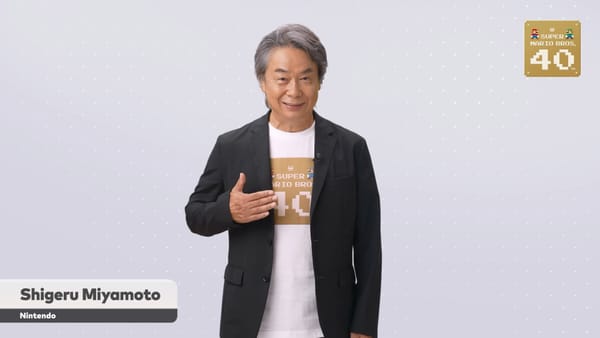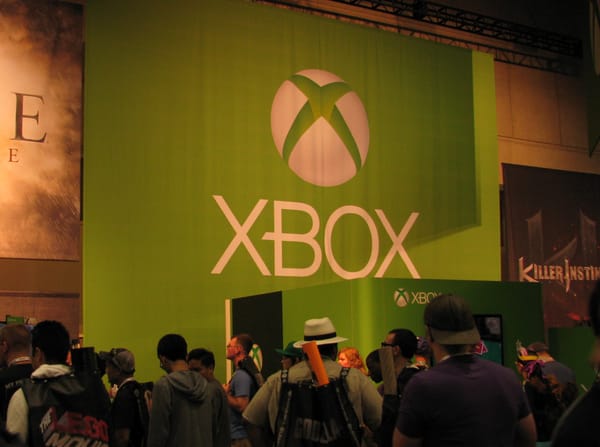Shopping for memories in Akihabara
Tokyo’s famed electronics district is full of games and gadgets, but the only draw for me now is nostalgia.
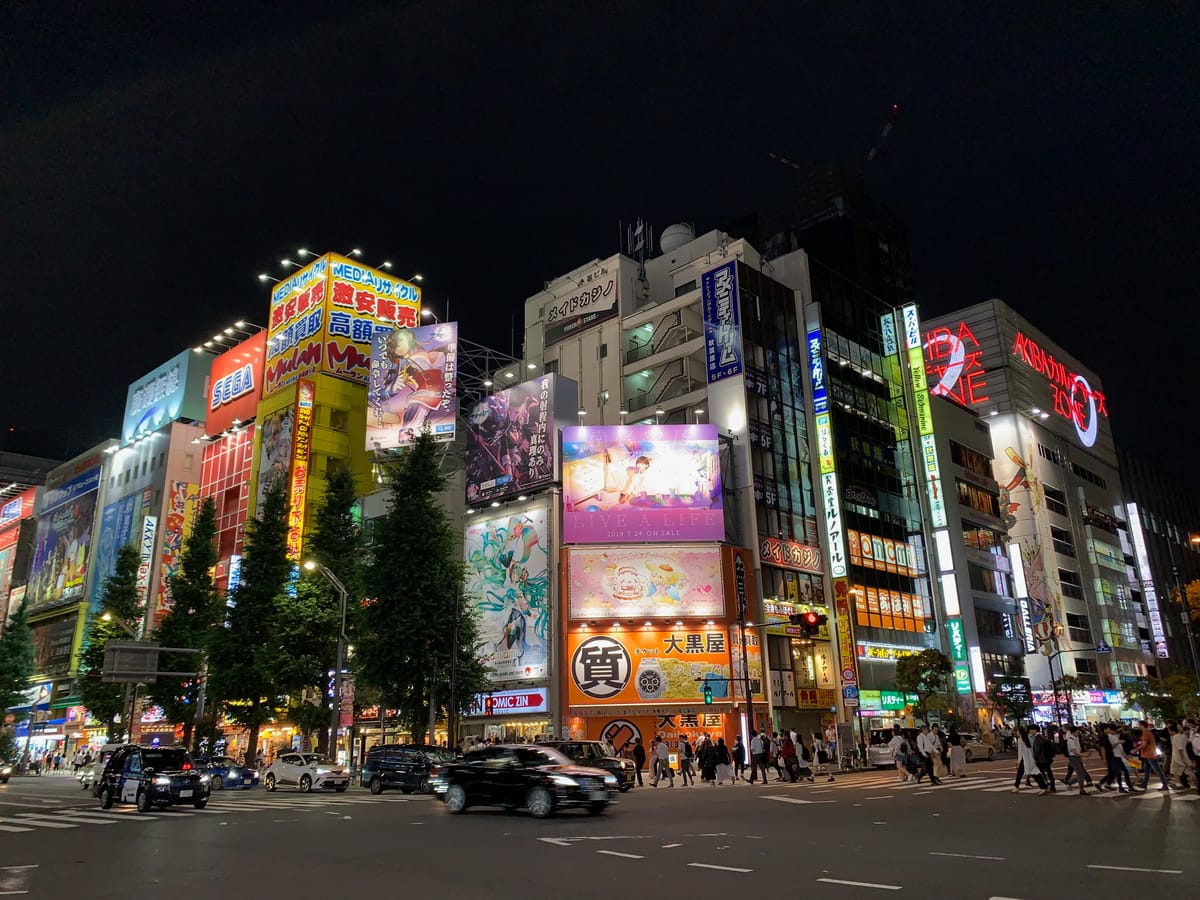
The last time I was in Japan, before the pandemic, I asked a friend to meet me in Akihabara. A district full of electronics shops in Tokyo, in decades past it was full of the latest Japanese electronics; today, it’s known more for its focus on gaming, manga and anime. It has long been seen as the global capital of geek culture, an essential stop for tech-loving travelers to Japan.
My friend, however, was unimpressed. “Why? Nobody goes there. You can get everything from anywhere else. There’s no need to go to Akihabara.”
He’s not wrong. Once upon a time, trips to Akihabara were expensive for me because I’d gorge on everything: Japanese versions of games, rare and odd accessories, and all sorts of game-related merch that you just can’t get anywhere else.
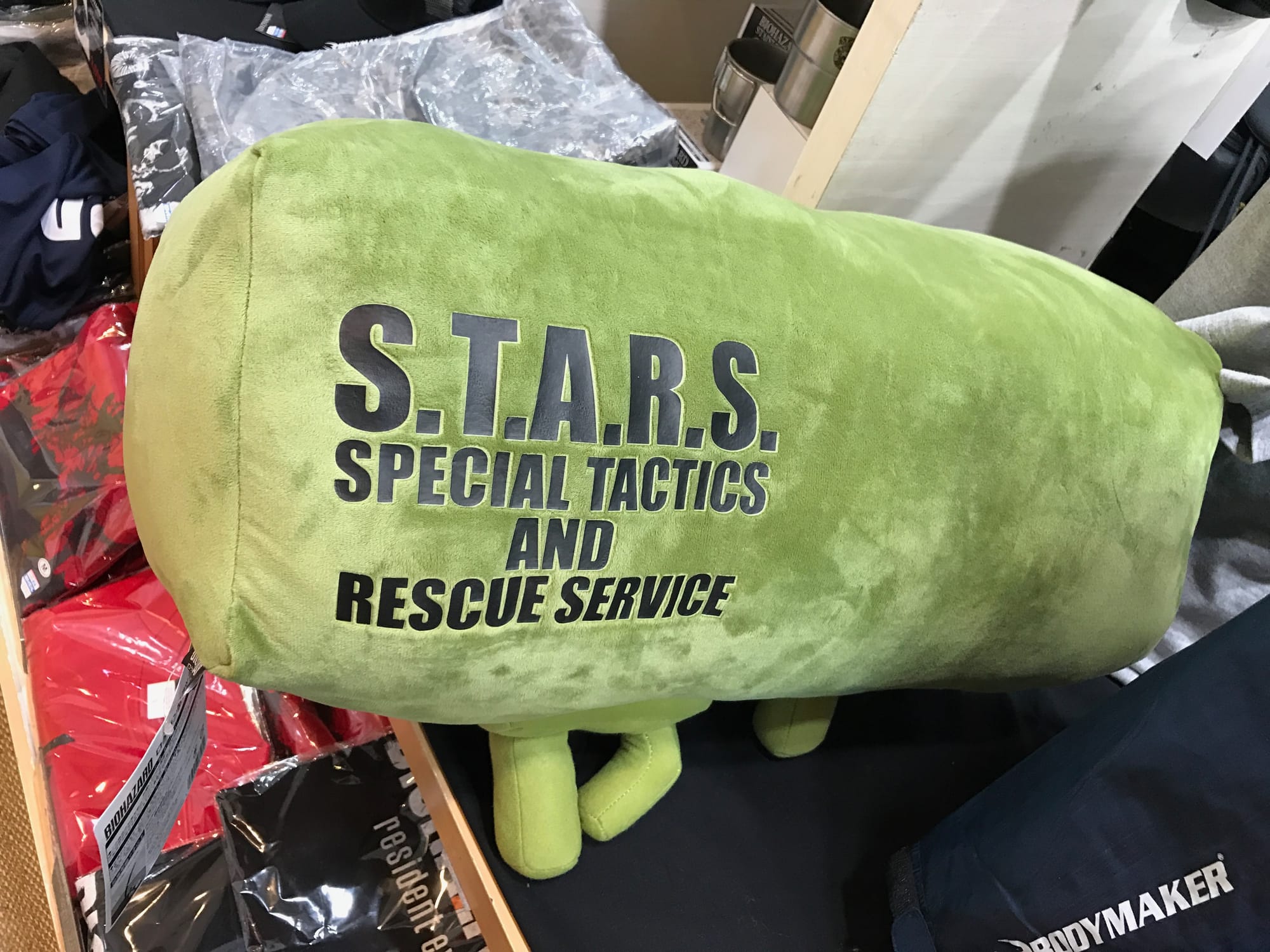
Now, I barely buy anything at all.
The truth is that my friend was right: I can get almost anything I want from Akihabara without actually going there. In Japan, the giant Yodobashi Camera stores stock every game and accessory imaginable; the Book-Off and Hard-Off chain is a great place to find used-but-immaculate copies of retro games.
Of course, thanks to the internet, you don’t even have to be in Japan. I scored a 64DD and some great Famicom games from the Japanese Yahoo! Auctions site via Buyee. And in Hong Kong, you don’t even need the internet — Golden Shopping Arcade is notorious for selling Japanese games before they go on sale in Japan.
So… why do I keep going back to Akihabara?
The easy answer is nostalgia. Every time I go, I feel a yearning for the old days, when trips to Akihabara were full of mystery and wonder. Remember, these were the days before global supply chains meant import games were everywhere; the days before the internet told you everything you needed to know about a game before it came out; the days before video game merch was so mainstream that you can now find Mario t-shirts in Marks & Spencer.
Back then, you really didn’t know what you’d find. I remember the day we brought home a copy of Namco’s Japan-only Star Wars game for the Famicom, where Darth Vader turns into a giant scorpion. I remember gawking so openly at the special packaging for the newly-released Yoshi’s Island that the clerk gifted me one. And I will never forget the time my grandfather parked on a side street next to a tiny shop — only to step inside and see a Sharp TV with a Super Famicom built in. A game console… built into a TV? It’s not just that I didn’t know it existed; I didn’t know a thing like that could exist. Visiting Akihabara in the 1980s and 1990s wasn’t exactly the stuff of dreams, because I didn’t have the imagination to dream up the things I saw.
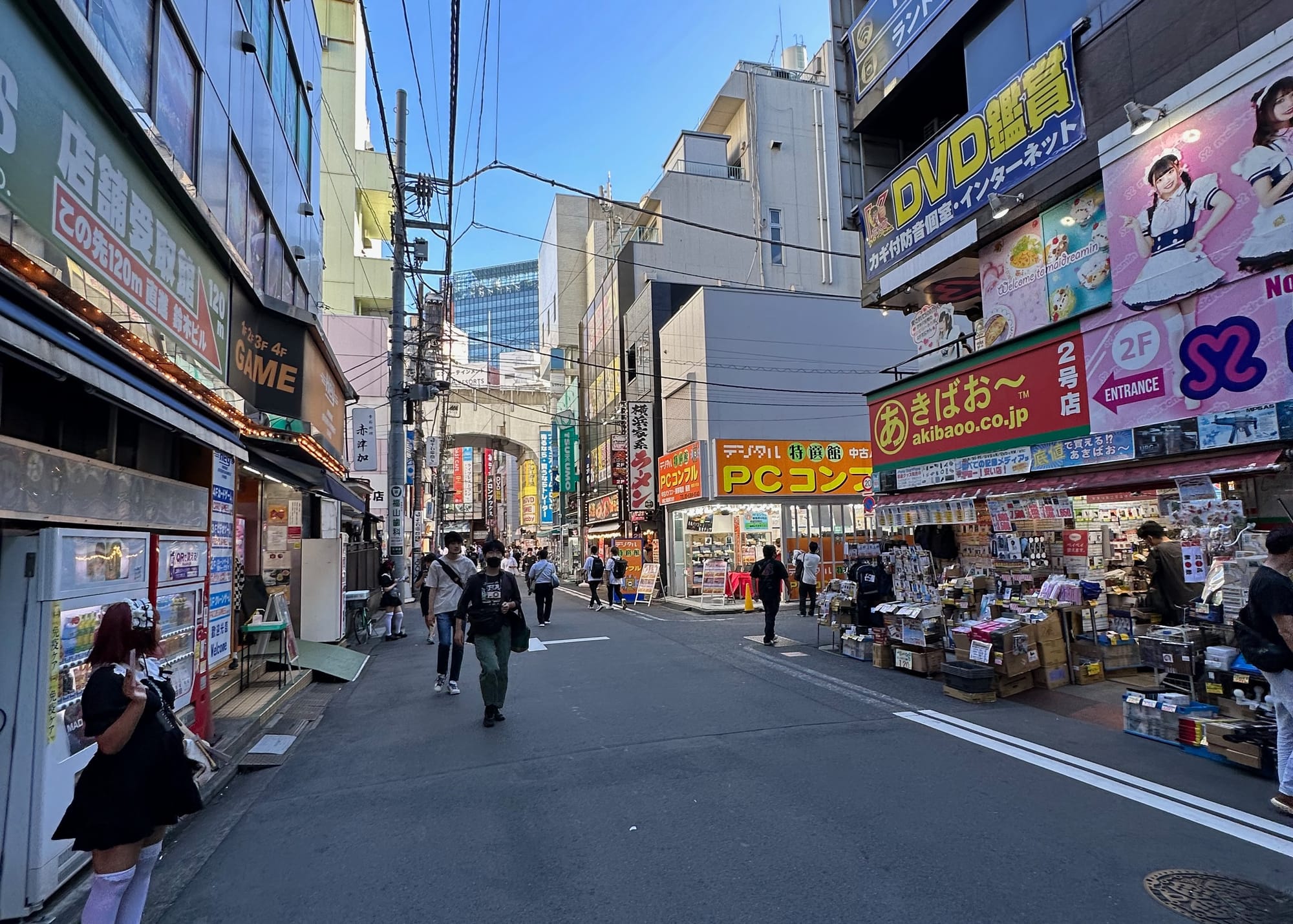
Let me be clear that, despite my nostalgia, I know that things are better now. Between easy global shipping and digital stores, I have instant access to a virtually limitless supply of games.
It’s better, sure. But there’s also a lack of joy in it. There’s something about discovering something physically — about hunting through a shelf to find that one game’s box — that is just more fun than using the search bar or scrolling through a website. Maybe it’s the cliché about the thrill of the hunt; maybe it’s the tactile nature of rummaging through a bargain bin, flipping through CD cases, and at the end of it all, physically holding the object of your desire. Buying a game on an online store is comparatively joyless; it feels procedural, routine. There’s no surprise, because you know the game will be there. If anything, the only surprise is when you don’t find it — and that surprise quickly turns to annoyance, because you know it has to be there, you just messed up your search terms.
Everyone’s got a story to tell from those days: that one time they found a hidden gem in the least obvious place, or of a seemingly fruitless hunt turning around when you thought “I’ll try just one last shop.” You just don’t get the same thrill from typing a name in a search bar. And nobody has fun stories about buying a game on the Nintendo eShop, do they?
Again, I’m not blind to the convenience of modern times. It might not be fun to find games through a search bar, but it’s an awfully efficient way to do things. It doesn’t change the game itself, and playing a game is always going to be more fun than buying it.
Still, a small part of me will always remember, and enjoy, the days when a trip to Akihabara meant checking every store, because you never knew what you were going to find. I can’t bring those days back, but I can remember them by returning to Akihabara every time I’m in Japan, looking for something I know I cannot find.


